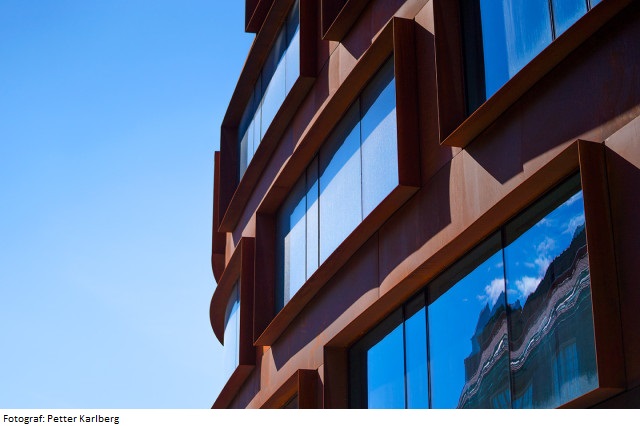The course aims to help the student to develop, order and structure his/her degree project (first cycle) using principles of building statics, buildning physics and construction.
A31T2A Architecture Technology 3:2: Building, City, Process 3.0 credits

Information per course offering
Information for Spring 2027 Start 12 Jan 2027 programme students
- Course location
KTH Campus
- Duration
- 12 Jan 2027 - 31 May 2027
- Periods
Spring 2027: P3 (1.5 hp), P4 (1.5 hp)
- Pace of study
10%
- Application code
60085
- Form of study
Normal Daytime
- Language of instruction
Swedish
- Course memo
- Course memo is not published
- Number of places
Min: 5
- Target group
- Only for students in the Degree Programme in Architecture, study year 3.
- Planned modular schedule
- [object Object]
- Schedule
- Part of programme
Contact
Course syllabus as PDF
Please note: all information from the Course syllabus is available on this page in an accessible format.
Course syllabus A31T2A (Spring 2023–)Content and learning outcomes
Course contents
Intended learning outcomes
After the course the student should be able to
- Methodologically use basic principles of construction statics, construction physics and building constructions.
- Argue and discuss the choice of system and material, as well as tools, working processes and methods.
- Reflect and present the principles of sustainability in the project.
Literature and preparations
Specific prerequisites
You must have passed the course A11TEB Architectural Engineering 1 7.5 credits and A21TEB Architectural Engineering 2 9.0 credits
Literature
Examination and completion
Grading scale
Examination
- MOM1 - Moment 1, 3.0 credits, grading scale: P, F
Based on recommendation from KTH’s coordinator for disabilities, the examiner will decide how to adapt an examination for students with documented disability.
The examiner may apply another examination format when re-examining individual students.
If the course is discontinued, students may request to be examined during the following two academic years.
Other requirements for final grade
The learning outcomes are examined through the records of the design process, and through the outcomes of the course specified assignments. To achieve the approved level (pass) students must have approved tasks, including 80% attendance at lectures, seminars, tutorials and reviews.
A reflection on the individual learning process must be handed in.
Special regulations for completion apply. The rules for completion can be found on the programme web.
Examiner
Ethical approach
- All members of a group are responsible for the group's work.
- In any assessment, every student shall honestly disclose any help received and sources used.
- In an oral assessment, every student shall be able to present and answer questions about the entire assignment and solution.